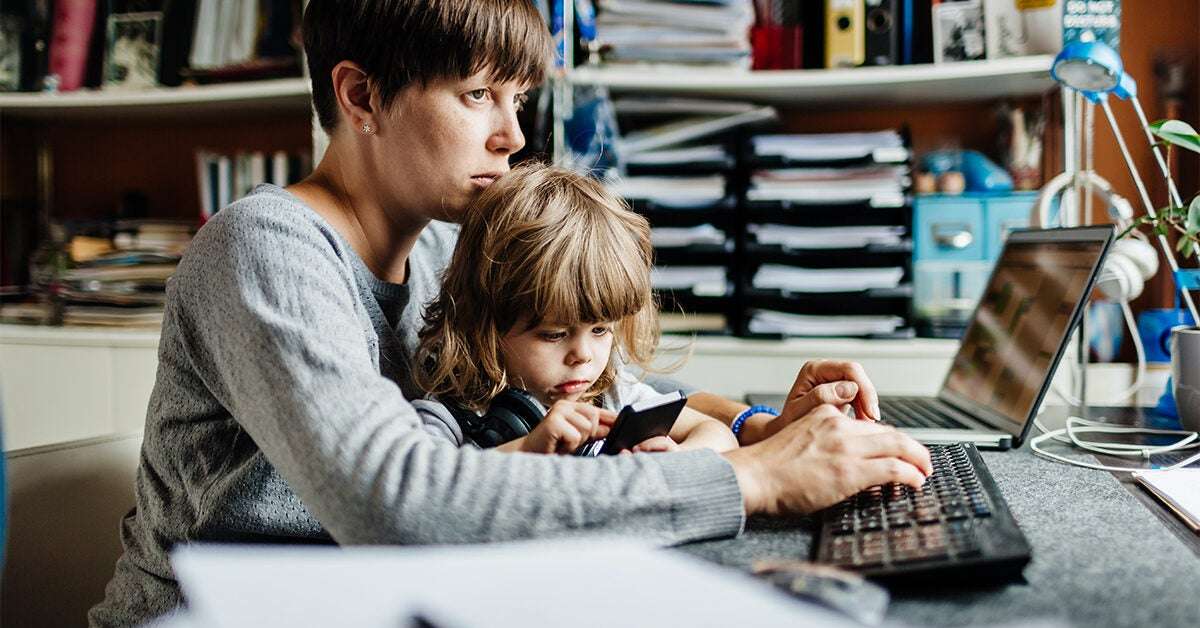“Emotionally Focused Family Therapy offers an important breakthrough in the practice of family therapy. In this wonderfully written book, Furrow, Palmer, Johnson, Faller, and Olsen apply the wisdom and exceptional clinical skills refined over decades in emotionally focused couple therapy to family therapy. Grounded in the same base in attachment and emotion as the couple therapy, Furrow and colleagues astutely and artfully recreate this therapy in a form that addresses the unique sorts of issues that arise and typical problems in focus in family therapy. Filled with rich clinical vignettes, this is the book and treatment manual to consult to learn emotionally focused family therapy, as well as more broadly the use of emotion and attachment in work with families.”
– Jay L. Lebow, Ph.D., Senior Scholar and Senior therapist, Family Insitute at Northwestern University, and Editor, Family Process
The quality of your relationships and your family relationships is your quality of life. Along with EMDR therapy and mindfulness, EFT for families (emotionally focused family therapy, or EFFT) is a passion of mine, around 10 to 20 percent of my current clientele. EFFT conceptualizes family conflict as intersecting cycles of negative interactions rooted in emotional processing from our need to feel close and connected to our family. Thus, in EFFT, the therapist privileges emotion because it communicates our needs, motives, and priorities.

Source: Jason Linder, Psy.D.
The central tenet of EFFT is that families are not in conflict primarily because of communication problems, parenting failures, or child/parent psychopathology, although they may also be there; they are in distress because they are struggling with attachment and relational challenges like the felt sense of safety and security in their family bonds. EFFT thus is meant to help restore the family bonds so that each can revamp their connection to each other.
Frequently Asked Questions About EFFT
Will your EFFT therapist blame parents or children as responsible for the issues?
The EFFT therapist leads with a family by framing the problem in attachment terms and normalizing the family’s distress as arising out of an attachment crisis. So the maladaptively developed family problems arise out of the attachment struggle—instead of the parents or children. This helps the family to begin viewing their problem as the pattern, instead of blaming themselves or each other (blaming each other is, unfortunately, a common way families start treatment).
Parents can get caught in negative patterns with their children (of any age), where they begin responding and reacting to each other in ways that perpetuate problems. With your therapist’s help, you will be understanding the negative cycles blocking closeness with your family, and thus create new patterns of healthier, positive interactions where you all feel connected, loved, listened to, and understood. This works much better than assigning blame.
That said, EFFT therapists will help parents strengthen their listening skills, especially to their children’s feelings and needs, and decrease their reactive, often counterproductive and entrenched go-to responses to their children. As mentioned, families get stuck in negative cycles of interaction which become the main problem itself. So while we can “blame” the negative cycles as the main sources of the problems, in EFFT, because parents are expected to be more mature and equipped with more emotional resources and regulation skills, the majority of the onus for change in family therapy falls on parents. Of course children also have to do their part as well and take emotional risks to connect with their parent(s). While parent-child relationships are not hierarchically equal, they are reciprocal; each person affects and shapes the other’s emotions of the other.
Will your therapist let you fight with your family members?
Families know how to argue and get stuck in their negative patterns just fine on their own. EFFT therapists don’t want to waste your time, money, and hope if they let your family argue as usual. They will likely interrupt you—firmly yet politely—slow things down, and help you understand and share your feelings in a way that invites listening instead of defensiveness and rigidity, prioritizing your child’s emotional safety and unmet meets from you first.
Will your therapist teach you communication skills?
Contrary to what you may think, your EFFT therapist won’t be teaching skills to your family often. Most families in struggling relationships generally know how to communicate. You likely communicate quite well with friends, coworkers, strangers, etc. So, why do you have a hard time communicating with your family, parents, or children? The answer is that you and your family are caught by a negative pattern of reactions, feelings unspoken, and confusing or hidden ways of trying to get your needs met. There’s a lot more going on underneath the words that isn’t being communicated.
In EFFT, your therapist knows that teaching you communication skills won’t get to the root of the issues or fix them long-term. Research on families arguing shows that they don’t use communication skills in the heat of an argument. It’s great to learn them, and in EFFT you still may even improve communication overall. But, in reality, when you’re upset and you need good communication the most, you likely react from your gut at lightning speed. You typically don’t stop to think about using communication skills like “I-statements,” “reflecting,” or “validating” to what your child just said. So instead of emphasizing skills, your EFFT therapist will choreograph new emotional experiences with your family that foster connection, safety, and closeness, to the point where you won’t need to learn or practice new communication skills and/or they will start to come naturally.
How will you communicate better and stop arguing all the time if we don’t learn communication skills?
Your EFFT therapist will figure out the negative communication patterns damaging your relationship with your children. Then, you will be looking closely at what’s underneath your arguments and fueling that negative pattern. You will be identifying the blocks getting in the way of sharing those underlying feelings with each other, primarily your child to you. They will then help your child practice reaching out to you with those feelings and unmet needs.
After a while, you will begin to see the negative patterns coming and know how to slow down and provide a safer space for your child to reach out to you, which will likely feel immensely rewarding and relieving for you. Your parent-child relationship will be improving when you have success staying out of the negative family cycle(s), especially when you start to see them coming and learn how to get out of them.
Every family has its issues, so it’s not about avoiding issues, but your family’s ability to repair, learn, and grow from them. As therapy progresses, feelings of failure and fears around loss, disconnection, and abandonment tend to arise for both parents and children. Children can experience feelings of unlovability, inadequacy, and unworthiness, and these vulnerable feelings can be directly soothed and comforted by a parent as EFFT progresses.
What should I expect in EFFT?
For a while, you are likely to feel like you’re working hard and will probably feel exhausted during and after sessions. I recommend a relaxing music playlist planned for after sessions and calming activities. You can also expect to feel a sense of relief from new emotional experiences of connection understanding with your family.
Most of the time, it will be well worth it and maybe the most meaningful endeavor you will have ever engaged in. Ultimately, the reason families end up in therapy is simple: children aren’t able to turn to parents when they need to and have real and vulnerable conversations, and both get stuck in protective, ineffective responses instead. As your family progresses in treatment, when you are no longer escalating in arguments, your therapist will facilitate children practicing turning to parents vulnerably, and parents responding differently. When you parents differently and positively to children, it is what ultimately assuages the negative cycle(s) and creates a new positive pattern of bonding, closeness, and understanding.
How else is EFFT different from EFT for couples?
Even with parents’ (sometimes) crazy behavior, for most parents reading this post, their parental intent is almost always to connect and protect children. EFFT therapists should acknowledge it’s hard for parents to come to treatment. Feeling shame of “not parenting well enough” and a child’s felt rejection can feel extremely heavy emotionally on parents, so good family therapists should praise parents’ love for their children and their courage to seek treatment. Your therapist will help parents connect to this innate instinct and use it as motivation to help children and connect with them in new ways.
To change the negative family cycles, both parents AND children new to have new moves, but in EFFT, we expect parents to change first; parents need to foster safety with their children so children can muster the courage to try honest vulnerability again. We don’t want parents to be getting their emotional needs met from children but elsewhere, such as friends, relatives, siblings, their parents, partners, colleagues, etc. In EFFT, we want parents to be accessible for children but not children for parents.
EFFT can feel like EFT on steroids; with all the family present, big change may be possible sooner. EFFT moves and works faster than couple therapy; there are more live triggers, intersecting and conflating negative cycles in play simultaneously, and more likelihood of crisis. It’s easier to get a family to take risks, more complex, and thus requires more therapist flexibility. While every family is different, EFFT is ideally weekly or biweekly, with an average number of approximately 4 to 12 sessions lasting 1-2 hours.
In Conclusion
EFFT aims to ultimately help children connect with their parents and be more authentic with them, and vice versa, which will ideally dampen the negative cycles and create secure bonds over the long term that can weather short-term headwinds. This softer, more vulnerable sharing from children to parents can feel downright scary and profoundly uncomfortable. However, it makes all the difference and short-circuits the negative cycle at its root.
Children learning to turn to parents vulnerably and parents learning to respond positively is hard work, but it is worth it. Good family therapy is a deep bonding experience that lasts months and years after therapy ends. You may be nervous, but starting family therapy may just save your family and change your life. Too many families start therapy too late.
It’s common to be nervous about starting family relationship work. Losing your child’s love or the pain of disconnection in your most important relationship(s) is way more costly than working on them. A negative cycle in a family can be cancerous. We don’t only exercise when we’re sick, so why not work on your family bonds before they deteriorate further? At the end of the day, what matters more to you than your family? It may just be the best investment you’ll ever make.
To find a therapist, please visit the Psychology Today Therapy Directory.
Copyright Dr. Jason Linder



